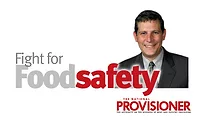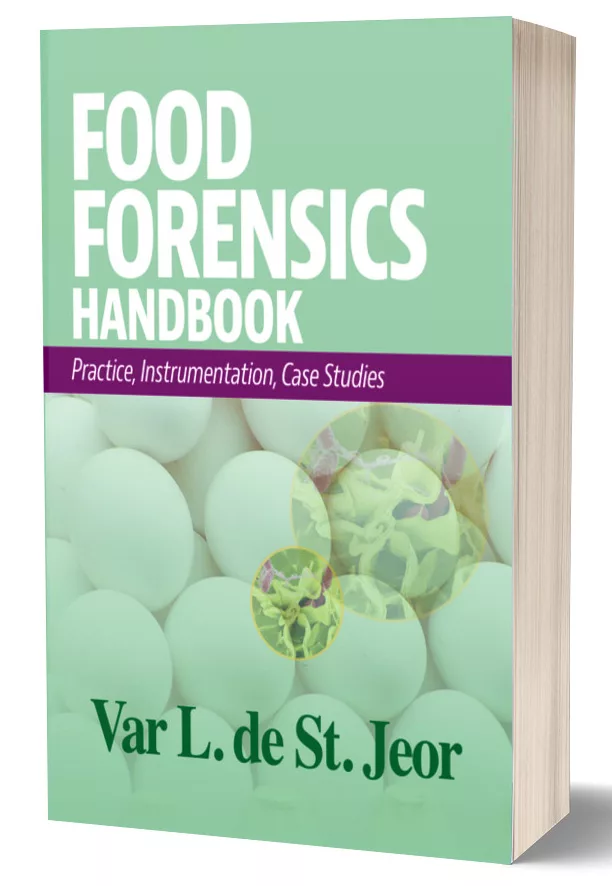Proposition 65: Effects on Coffee Producers

Sending shock waves through the coffee industry, a recent court decision concluded that coffee sold in California must have a warning that it contains a cancer-causing chemical. The decision in Council for Education and Research on Toxics v. Starbucks was based on California’s Safe Drinking Water and Toxic Enforcement Act, known as “Proposition 65.”
Proposition 65 was enacted by the voters in 1986 with the laudable goal of eliminating toxic chemicals in consumer products by requiring a warning before exposing a person in California to a chemical listed by the state as causing cancer or reproductive toxicity. California residents are familiar with the ubiquitous signage and labeling stating, “WARNING: This [thing/place] contains a chemical known to the state to cause cancer or reproductive toxicity.”
There have been a number of success stories—trichloroethylene out of correction fluid and lead out of wine bottle caps, jewelry, brass faucets, calcium supplements, and ceramic ware, to name a few. But, as it turns out, there seems to be something in just about everything, as evidenced by a robust and proliferating enforcement industry—Proposition 65 authorizes private citizen enforcement, with the reward of penalties and reimbursement of attorney’s fees. Utilizing this provision, one plaintiff organization sued more than 90 coffee producers and retailers for failing to provide the Proposition 65 warning.
In the case of coffee, the offending chemical is acrylamide, which is listed by the state of California as causing cancer. An exposure to acrylamide triggers the warning requirement unless that exposure poses “no significant risk.” An exposure level poses no significant risk if it results in one excess case of cancer in an exposed population of 100,000, assuming a 70-year lifetime of exposure at that level. California has formally adopted a “no significant risk level” (NSRL or “safe harbor level”) for acrylamide, as it has for several other listed chemicals, below which no warning is required. Even where an NSRL exists, most defendants settle Proposition 65 claims rather than face the expense and legal burden of attempting to establish at trial that the chemical exposure from targeted products pose no significant risk. Settlements typically involve applying a warning to the targeted product, reformulating the product to reduce or eliminate the identified chemical, and paying a penalty and plaintiff’s attorney fees.
Acrylamide was added to the Proposition 65 list in 1990 but was not discovered in food until 2002. Since that time, more than 650 claims have been brought for failure to warn about acrylamide in a wide range of food products. The claims have involved French fries, potato chips, sweet potato chips and vegetable chips, hash browns, bread, bagels, English muffins, breakfast cereals, granola bars, animal crackers, ginger snap cookies, molasses, toasted almonds, black olives, and coffee.
Acrylamide presents an unusual situation because it is neither added to coffee, nor does it occur naturally in coffee—it is created during roasting. Cooking at high temperatures, including frying, roasting, and baking, forms acrylamide from sugars and an amino acid (asparagine) naturally present in foods. Consequently, coffee roasters are unable to avoid its presence.
The Starbucks case began in 2010 and involved the consolidation of two cases (roasters and retailers) to encompass 91 defendants. In the first phase of the trial, the court ruled against the defendants on affirmative defenses involving the NSRL, First Amendment, and federal preemption. In the second phase of the trial, which concluded in January 2018, defendants argued that coffee should be exempt from the warning requirement as within an alternative significant risk level (ASRL) based on considerations of public health anauthorized by Proposition 65 regulations. Specifically, the regulations expressly provide that “where chemicals in food are produced by cooking necessary to render the food palatable or to avoid microbiological contamination,” considerations of public health allow for an ASRL. This provision, which has rarely been applied, was included so measures to protect public health would not be discouraged by the threat of Proposition 65 liability.
The state set an NSRL for acrylamide of 0.2 µg per day. Based on a quantitative risk assessment, the defendants calculated an ASRL of 19 µg per day. On the basis of that ASRL, the defendants asserted there was no duty to provide the Proposition 65 warning.
In its Statement of Decision issued May 7, 2018, the court ruled against defendants, finding their experts had used unreliable data from a novel analytical test; performed a quantitative risk assessment for acrylamide rather than for acrylamide in coffee; failed to quantify the minimm amount of acrylamide in coffee resulting from roasting necessary to reduce microbiological contamination or render coffee palatable; failed to establish that coffee confers a health benefit; and failed to justify an ASRL that was 10 times greater than the NSRL for acrylamide. Plaintiffs immediately filed a motion for a permanent injunction.
An appeal of the decision appears likely, based upon the lengthy objections defendants filed on the proposed Statement of Decision. In the defendants’ view, the court misinterpreted the regulations and made findings contrary to law or unsupported by evidence. Until the time for appeal passes, the coffee industry cannot be certain a cancer warning is required on their products. In the meantime, the court will likely be considering warning language appropriate to coffee products.
Consumers are perplexed. It wasn’t so long ago that coffee was touted for its health benefits, potentially providing some protection against type 2 diabetes, Parkinson’s disease, and liver cancer. However, based on the author’s nonrandom, unscientific survey, even if the court’s decision stands, it is unlikely to alter the daily routine of the majority of coffee drinkers.
Meanwhile, food producers should note that the same cooking process that generates acrylamide also generates furfural alcohol, a chemical listed in 2016 as causing reproductive toxicity. Many of those who faced claims of acrylamide in their products can now expect a rising tide of furfural alcohol claims in the coming years. In addition to monitoring for new chemical listings, those providing Proposition 65 warnings on their products need to take heed of new warning language that goes into effect August 30, 2018.
Wendy L. Manley, Esq., a partner in the Environmental Practice Group at Oakland-based law firm Wendel, Rosen, Black & Dean LLP, counsels food manufacturers on compliance and litigation matters arising from Proposition 65 in addition to other environmental impacts associated with their products and facilities. She can be reached at 510.834.6600 or wmanley@wendel.com.
Looking for quick answers on food safety topics?
Try Ask FSM, our new smart AI search tool.
Ask FSM →








